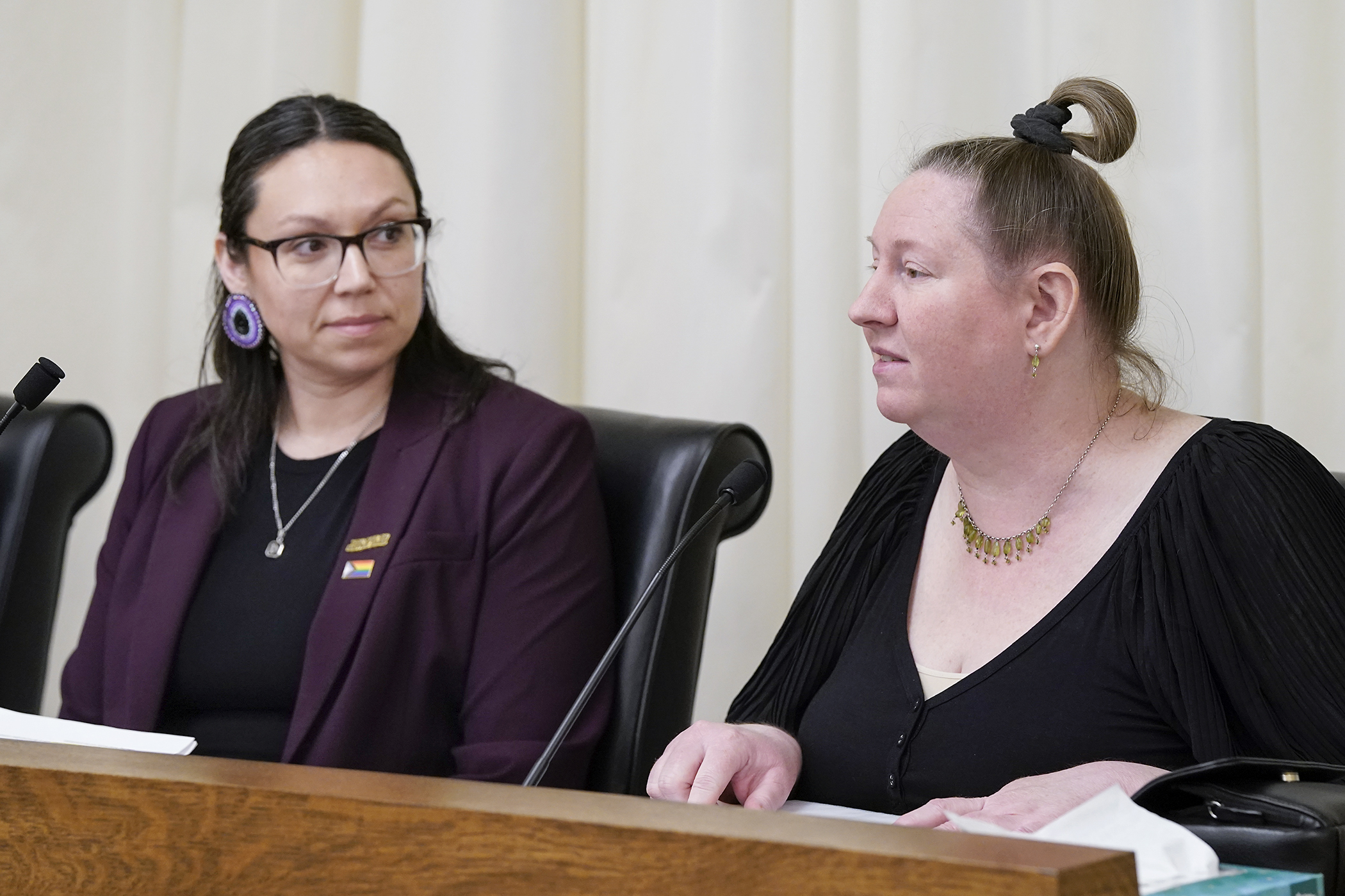Lawmaker proposes $1 million for ‘Fresh Bucks’ program to expand access to fruits, vegetables

Building on the success of the well-regarded "Market Bucks" program, a bipartisan bill aims to expand access to fresh, nutritious food for Minnesotans participating in the Supplemental Nutrition Assistance Program.
The proposed legislation would establish a "Fresh Bucks" pilot program within the Department of Health, helping eligible customers get fruits and vegetables at grocery stores.
Sponsored by Rep. Heather Keeler (DFL-Moorhead), HF1534, as amended, was laid over Monday by the House Health Finance and Policy Committee.
Growing up with a limited food budget, Keeler said she knows shopping in the middle aisles can be cost effective, but it’s not always the healthiest and the bill would help growers, grocers and customers.
Market Bucks, also known as the Healthy Eating Here at Home program, provides $30 worth of food for $10 spent at farmers markets. While earning praise for improving access to healthier foods and supporting local farmers, the program doesn’t always ensure year-round access to fresh produce.
The Fresh Bucks pilot would broaden this approach, enabling SNAP recipients to enjoy similar benefits at grocery stores. Under the program, eligible customers would receive a 50% discount on fresh produce, capped at $80 per month. It’s expected that five to 10 retailers would participate at first, with stores receiving grants ranging from $10,000 to $100,000 to support the initiative.
The bill would allocate $1 million in fiscal year 2026 and fiscal year 2027 to launch the pilot program, along with $500,000 annually for the Market Bucks program. It would also move the Market Bucks administration from the Minnesota Humanities Center to the Department of Health.
Advocates see Fresh Bucks as a natural extension of Market Bucks, leveraging federal funds to support cost-conscious SNAP shoppers and improve public health.
“Farmers’ markets that participated in Market Bucks reported significant increases in spending on produce as a result of the program, again showing that SNAP recipients are eager to make healthy purchases when it is feasible for them to do so,” wrote Liam McQuade, a volunteer with MN350.
Related Articles
Search Session Daily
Advanced Search OptionsPriority Dailies
Speaker Emerita Melissa Hortman, husband killed in attack
By HPIS Staff House Speaker Emerita Melissa Hortman (DFL-Brooklyn Park) and her husband, Mark, were fatally shot in their home early Saturday morning.
Gov. Tim Walz announced the news dur...
House Speaker Emerita Melissa Hortman (DFL-Brooklyn Park) and her husband, Mark, were fatally shot in their home early Saturday morning.
Gov. Tim Walz announced the news dur...
Lawmakers deliver budget bills to governor's desk in one-day special session
By Mike Cook About that talk of needing all 21 hours left in a legislative day to complete a special session?
House members were more than up to the challenge Monday. Beginning at 10 a.m...
About that talk of needing all 21 hours left in a legislative day to complete a special session?
House members were more than up to the challenge Monday. Beginning at 10 a.m...